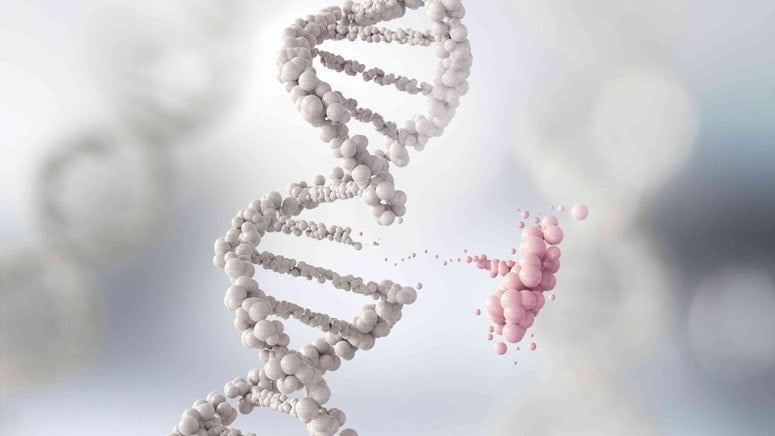EGFR stands for epidermal growth factor receptor. It’s a protein found on healthy cells.
When cancer cells test positive for EGFR, it means the gene contains a mutation and is sending faulty instructions to the cells, resulting in the growth and spread of cancer.
This article will discuss with you a full overview of EGFR lung cancer and how this mutation affects treatment. Continue reading to find out more.
What is the EGFR mutation?

When there’s a mutation, it implies that a specific part of DNA has been affected and there’s an error in it. These errors, also known as biomarkers, cause the affected cell to not function as it should.
EGFR is a protein that helps cells grow and divide, which is a normal phenomenon in the body. Certain errors (mutation) cause cells to grow and divide at an unusually high rate, leading to cancer.
In lung cancer, the most common EGFR errors are EGFR 19 deletion and EGFR L858R point mutations. These mutations respond to targeted therapies called tyrosine kinase inhibitors (TKIs).
There are some rare EGFR mutations, like EGFR exon 20 insertions, that don’t usually respond to TKIs.













